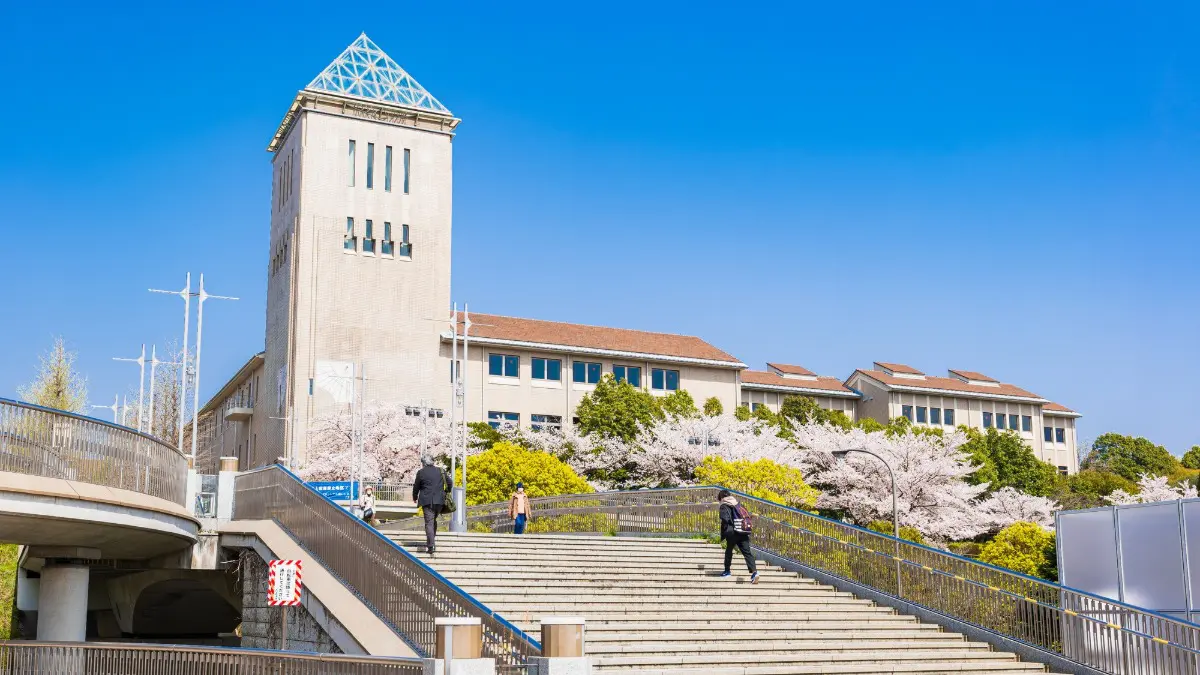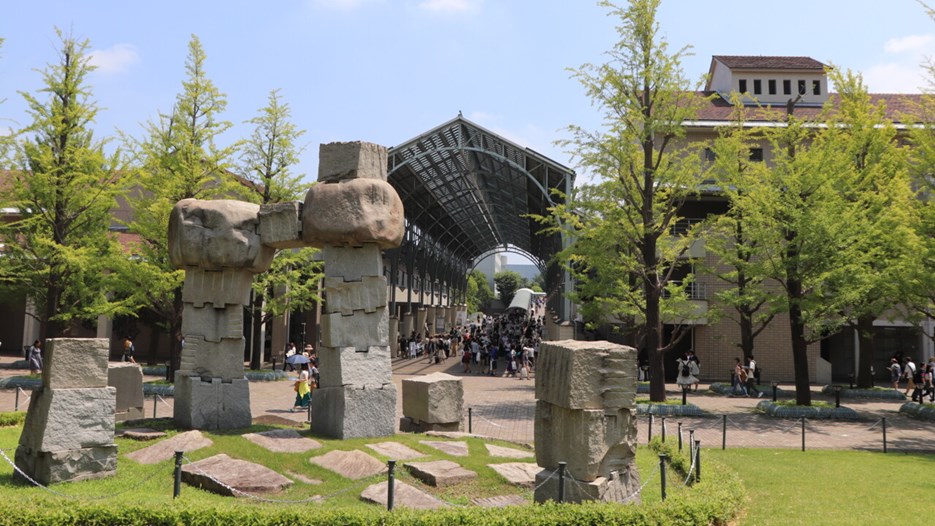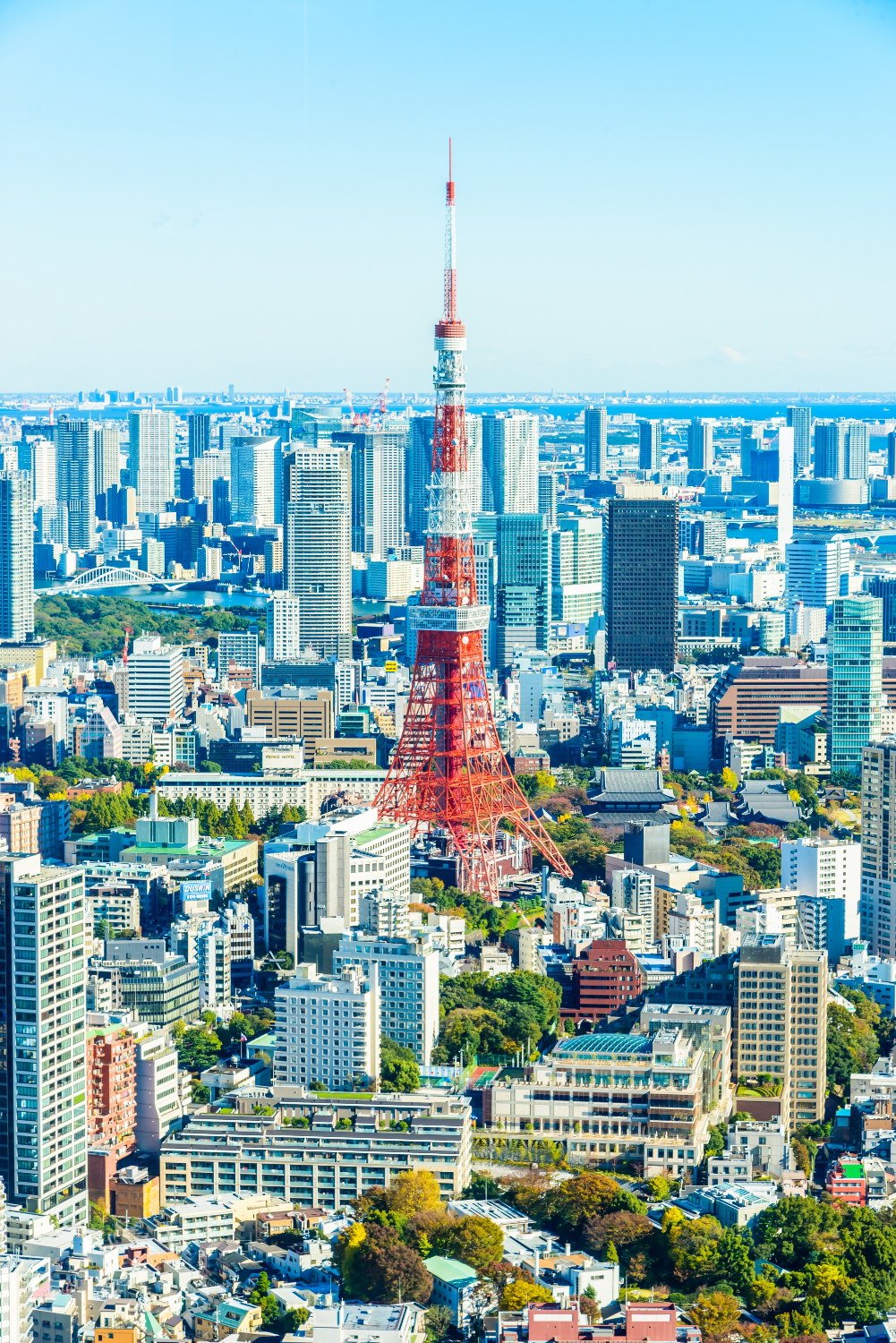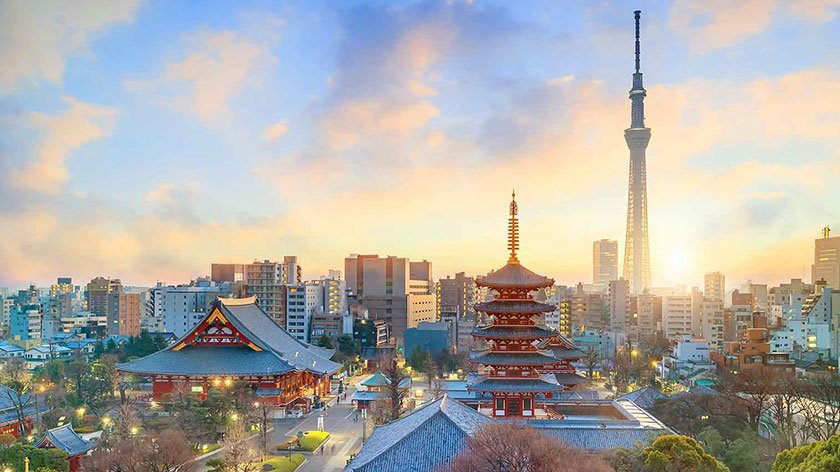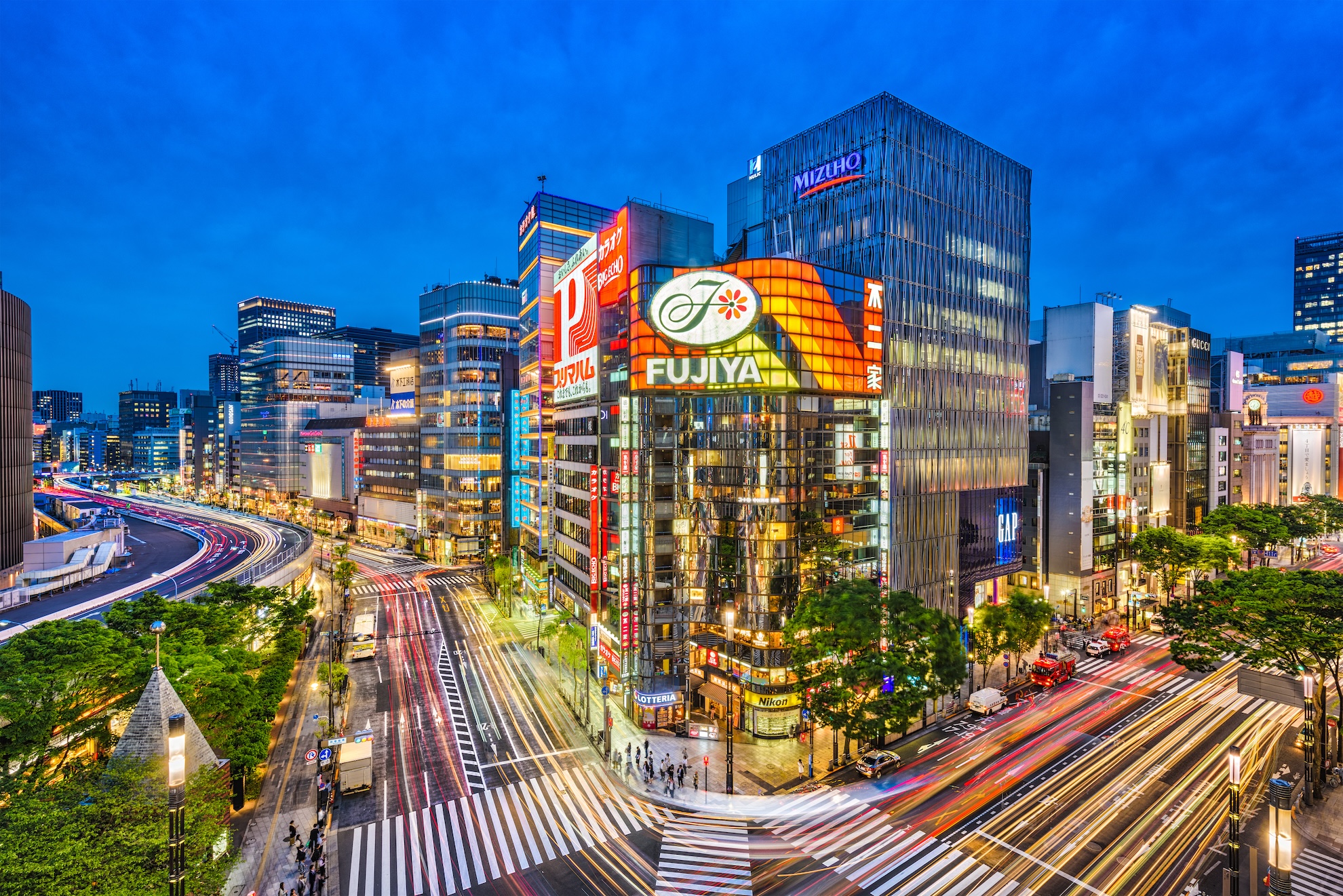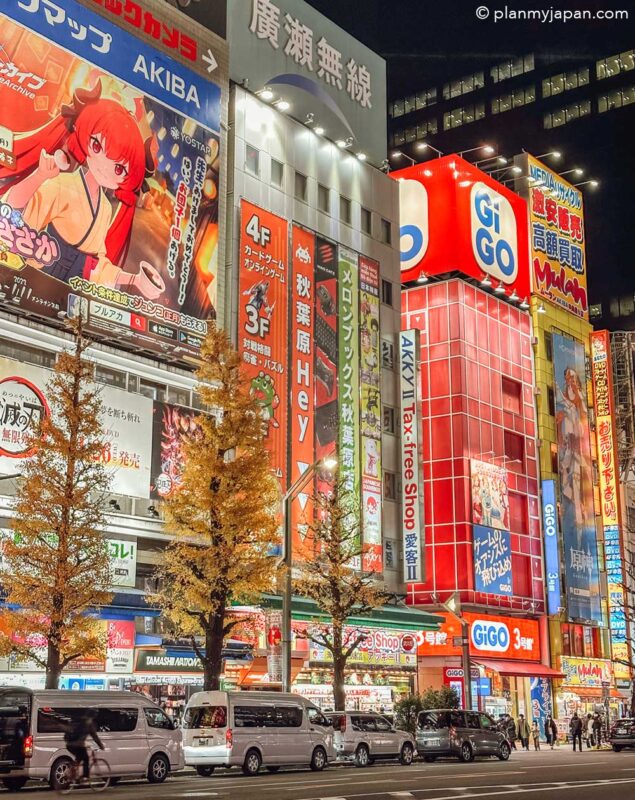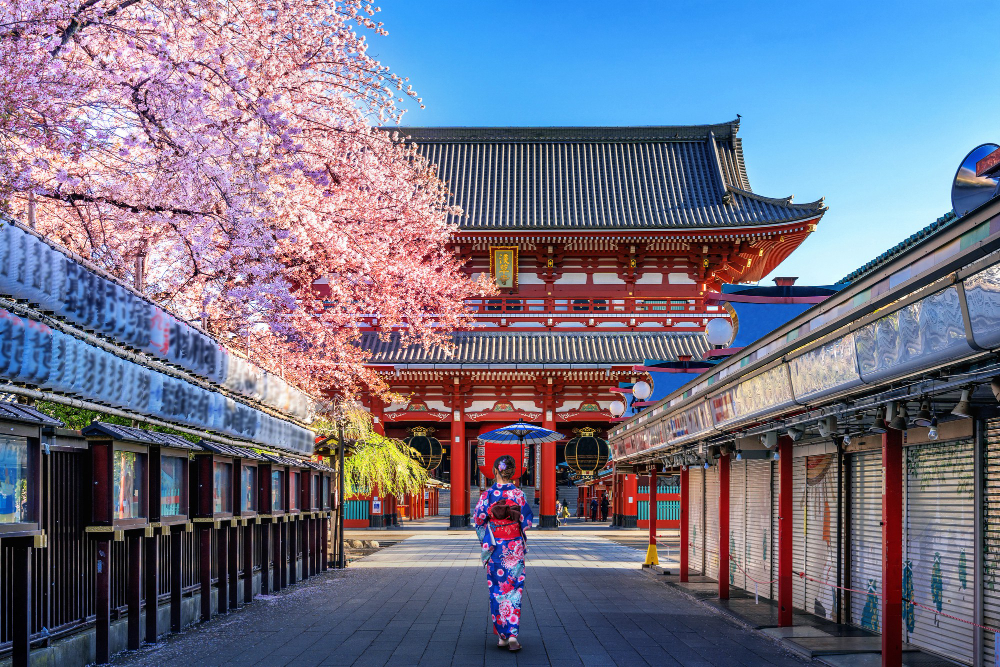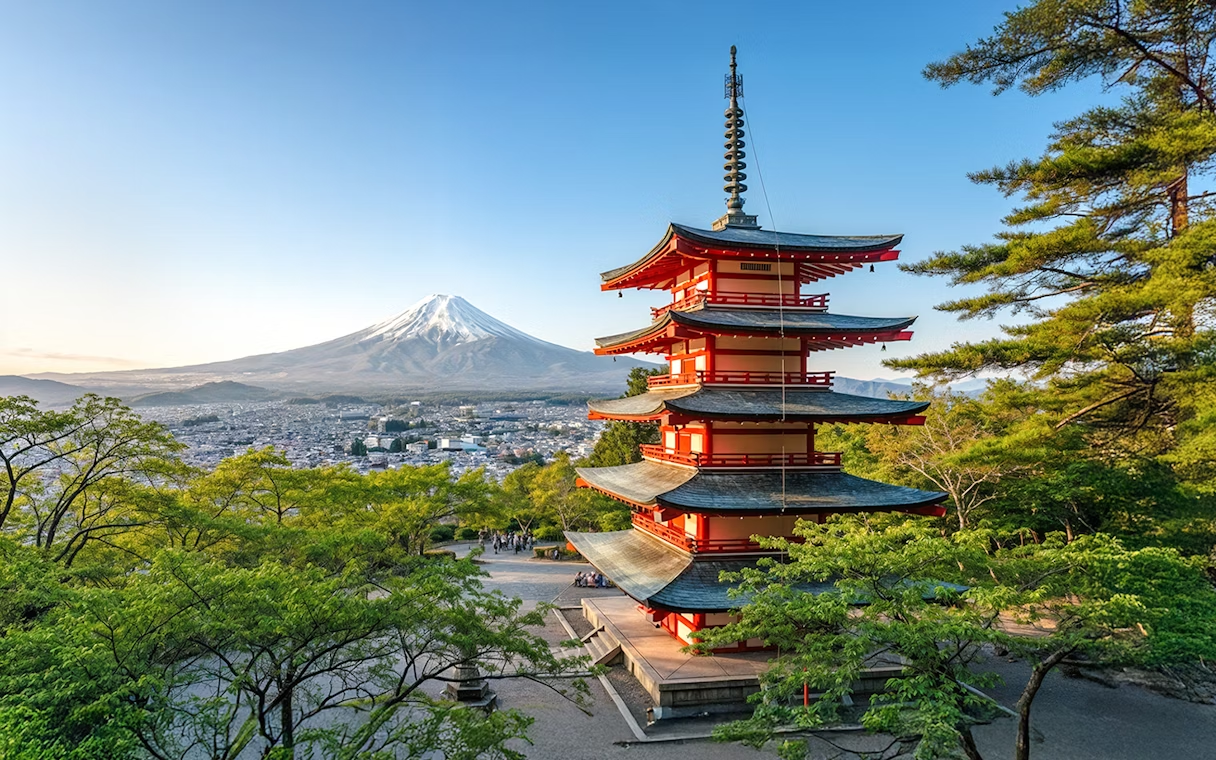
2nd International Symposium on
Heterogeneous and Multi-Domain Systems
(HMDS 2027)
1-3 April, 2027, Tokyo Metropolitan University, Japan
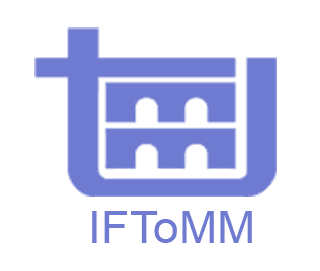

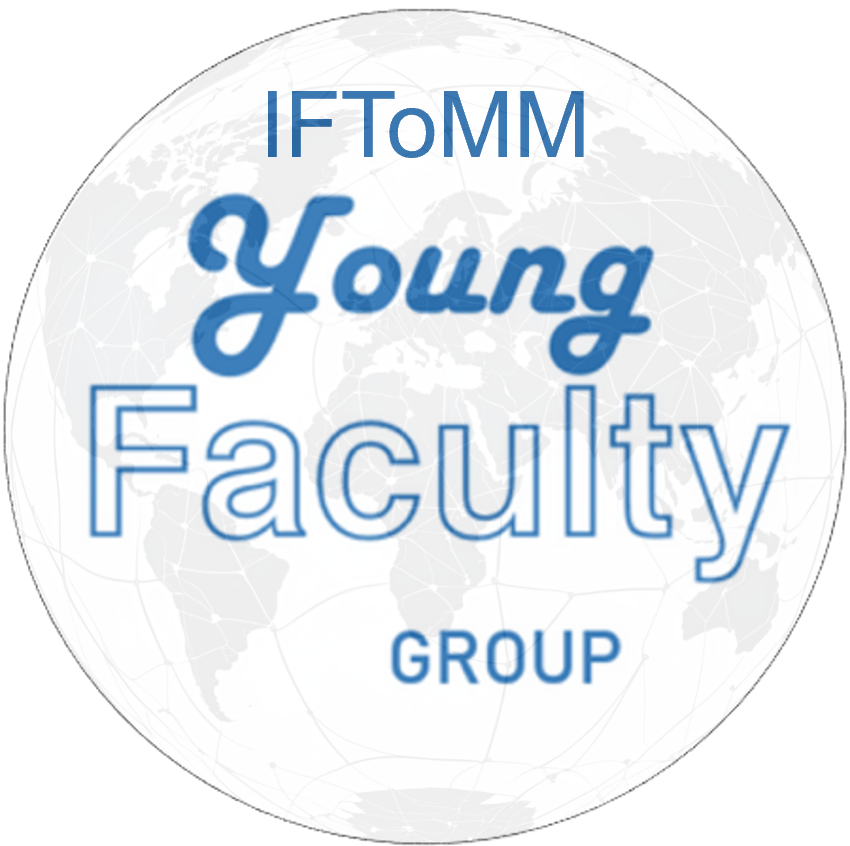

About The Symposium
The 2nd International Symposium on Heterogeneous and Multi-Domain Systems (HMDS 2027) focuses on cutting-edge research in cyber-physical systems integration, multi-domain coordination, advanced robotics applications, and system interoperability.
The event will feature workshops, tutorials, full paper presentations, poster sessions, and networking opportunities. Oral presentations will be published in the Book of Mechanisms and Machines series, with outstanding papers considered for journal publication.
This symposium addresses modern engineering challenges where traditional single-domain approaches are insufficient for complex real-world applications such as autonomous vehicles, space missions, disaster response robots, and smart manufacturing.
Where
Tokyo Metropolitan University
Minami-Osawa Campus, Tokyo, Japan
When
Tuesday to Thursday
1 to 3 April, 2027
Host Organizations
The symposium is organized through collaboration between leading academic and international organizations
Tokyo Metropolitan University
Minami-Osawa Campus, Tokyo, Japan
Tokyo Metropolitan University (TMU) is a comprehensive research university that leads Japan in urban studies and engineering. The university is committed to advancing knowledge through cutting-edge research and fostering the next generation of global leaders in science and technology.
IFToMM & Young Faculty Group
International Federation for the Theory of Machines and Mechanisms
This event is organized with support and coordination of the International Federation for the Theory of Machines and Mechanisms (IFToMM) and the IFToMM Young Faculty Group, promoting international collaboration and young researcher engagement in advanced engineering research.
Research Topics
The 2nd International Symposium on Heterogeneous and Multi-Domain Systems invites research contributions on diverse topics in advanced integrated systems and interdisciplinary engineering.
Core Topics of Interest
💡 Click on any topic to learn more about it
Specific Research Areas
Publication Opportunities
All oral presentations will be published in the Springer book series of Mechanisms and Machine Theory with international distribution. All submissions will follow a rigorous peer review process.
Book of Mechanisms and Machines
Oral Presentations
Peer reviewed with DOI assignment
International distribution
Poster Session
Conference Proceedings
Published in symposium proceedings
Submit Your Research
Two-stage submission process is done via EasyChair.
Step 1: Submit Abstract
Submit 2-page abstract
Download the format template here:
Step 2: Based on Review
For Oral Presentations:
Full paper required
Download the format template here:
For Poster Session:
Only poster will be required
📝 Note: Authors can indicate their preferred presentation format during submission, though final format may be determined based on review recommendations
Important Dates
Please mark these important deadlines in your calendar and ensure timely submission of your research contributions.
Committees
Meet the conference chair coordinating the symposium
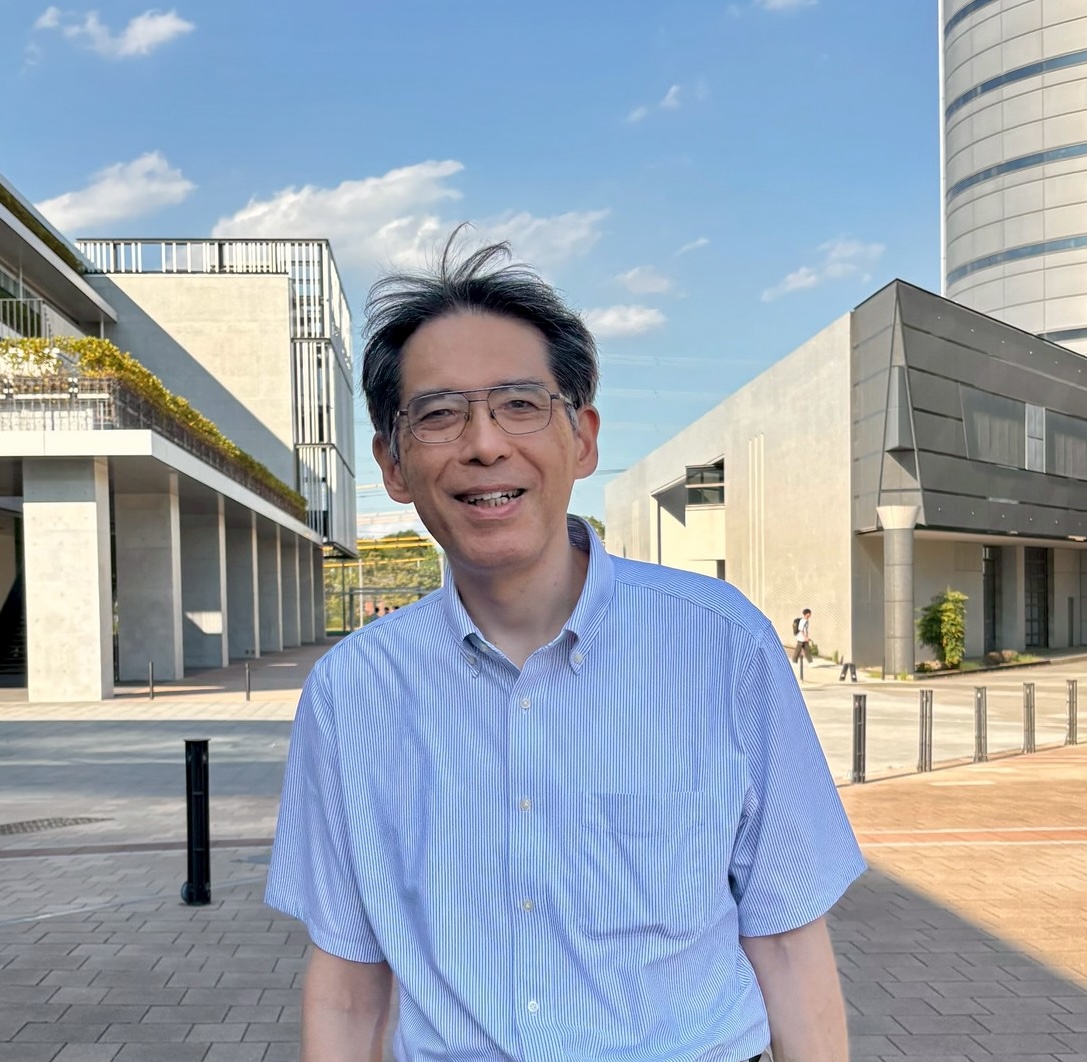
Prof. Hirohisa Kojima
Tokyo Metropolitan University, JapanConference Chair
On behalf of the organizing committee, it is my great pleasure to welcome you to the 2nd HMDS. This symposium, held in the spirit of IFToMM's global collaboration and fostered by the energy of the Young Faculty Group, is more than a conference—it is a platform for connection. Here in Tokyo, we will unite established experts and the next generation of innovators to tackle tomorrow's technical challenges in heterogeneous and multi-domain systems. I look forward to the vibrant exchange of ideas and the new friendships and partnerships that will be forged.
Organizing Committee
Sajjad Keshtkar - Tokyo Metropolitan University, Japan
Claudio Villegas - University of BioBio, Chile
Jiang Ming - Tokyo Institute of Technology, Japan
In collaboration with IFToMM Young Faculty Group Leaders
Technical Committee
Francisco Geu Flores - University of Duisburg-Essen, Germany
Sergio Fuentes del Toro - Universidad Carlos III de Madrid, Spain
Hironi Sahara - Tokyo Metropolitan University, Japan
Fernando Viadero Monasterio - Universidad Carlos III de Madrid, Spain
Mariana Rodrigues - University of Porto, Portugal
Eusebio Hernandez Martinez - Instituto Politécnico Nacional, Mexico
Pau Català - Universitat Politècnica de Catalunya, Spain
Irandi Gutiérrez Carmona - Tecnológico de Monterrey, Mexico
Arturo Diaz Ponce - Centro de Investigaciones en Óptica, Mexico
Iván Trejo Zúñiga - Universidad Tecnológica de San Juan del Río, Querétaro, Mexico
Event Venue
Tokyo is a vibrant metropolis combining cutting-edge technology with rich cultural heritage. Tokyo Metropolitan University at Minami-Osawa Campus provides an ideal setting for international academic collaboration in advanced engineering research.
Tokyo Metropolitan University - Minami-Osawa Campus
Tokyo Metropolitan University (TMU) is a leading public research university known for excellence in engineering and technology. The Minami-Osawa Campus provides state-of-the-art facilities for the 2nd International Symposium on Heterogeneous and Multi-Domain Systems (HMDS 2027), fostering international collaboration and innovation in cyber-physical systems and multi-domain engineering.
Location: 1-1 Minami-Osawa, Hachioji-shi, Tokyo 192-0397, Japan
Access: Convenient access from central Tokyo via Keio Sagamihara Line to Minami-Osawa Station (about 40 minutes from Shinjuku)
Accommodation
There is a direct express train from Shinjuku Station to the event venue that takes only 45 minutes, making it convenient to stay anywhere in central Tokyo. Here are recommended hotels in Tama Center (closest to venue), Chofu (suburban convenience), and Shinjuku (central Tokyo) with excellent access to Tokyo Metropolitan University Minami-Osawa Campus.
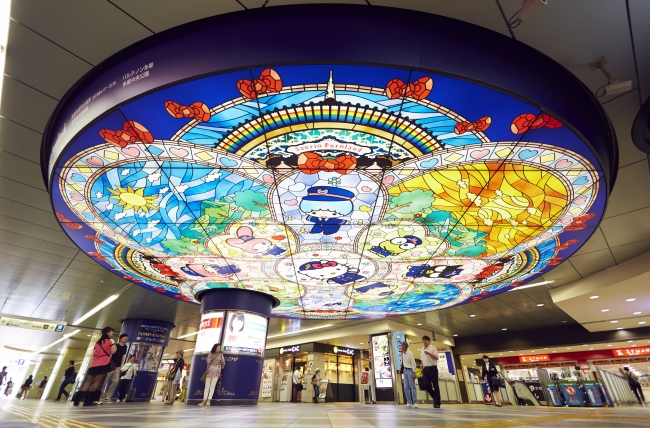
Keio Plaza Hotel Tama
2 minutes walk from Tama Center Station | 15 minutes to TMU campus
Located in the heart of Tama New Town, this modern business hotel offers excellent access to the university via Keio Sagamihara Line. The area features shopping malls, restaurants, and is known as a major suburban hub in western Tokyo.
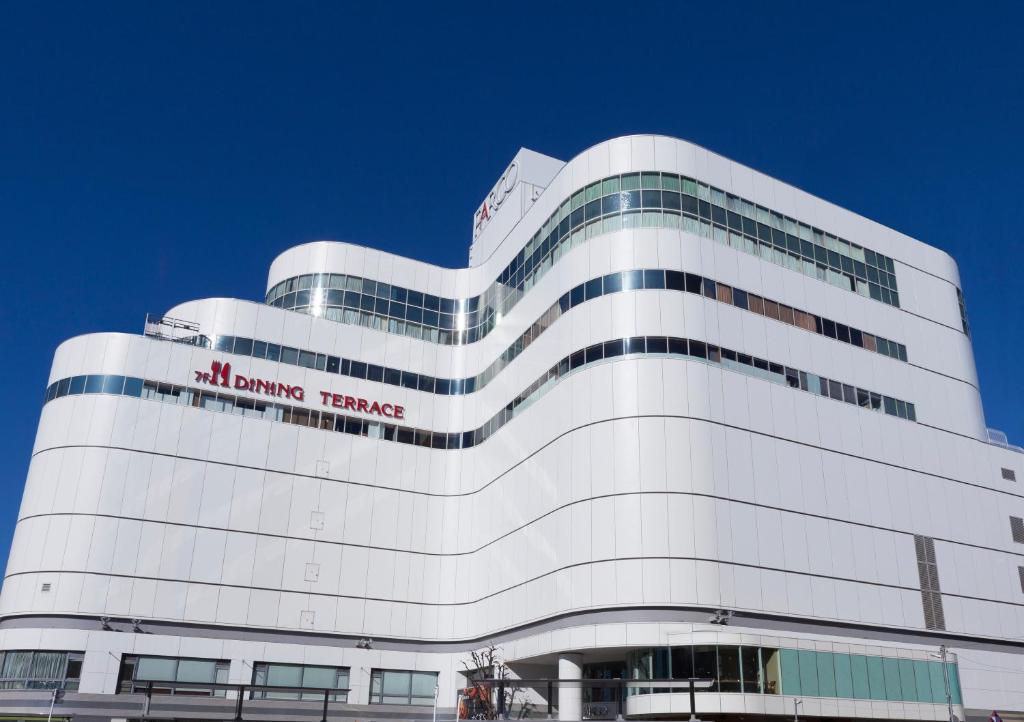
Chofu Creston Hotel
3 minutes from Chofu Station | 25 minutes to TMU campus
Situated in Chofu, a charming suburban city known for its traditional temples and the scenic Tama River. Easy access via Keio Line with direct connection to Tama Center. The area offers a peaceful atmosphere with local izakayas and cultural sites.
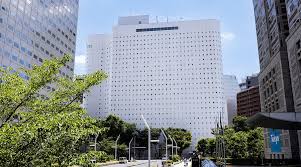
Shinjuku Washington Hotel
2 minutes from Shinjuku Station | 40 minutes to TMU campus
Located in the heart of Tokyo's busiest district, offering unlimited dining, shopping, and entertainment options. Direct express train access to the venue. Perfect for experiencing Tokyo's vibrant nightlife and world-class urban amenities.
Partners & Sponsors
We thank our institutional partners for their support. Interested in participating? Contact us about affordable sponsorship options.
Affordable Participation Opportunities
Poster Space
€200
Poster display area • Company brochures • Logo recognition • Welcome reception
Presentation Slot
€300
15-min company presentation • Q&A session • Conference materials • Welcome reception
Exhibition Booth
€500
Display space • Company materials • Networking • Logo on website • Welcome reception • Gala dinner
All options include logo placement on website and conference materials
Request DetailsOur Partners




Your Logo Here
Booth AvailableYour Logo Here
Poster Space AvailableYour Logo Here
Presentation Slot AvailableYour Logo Here
Sponsorship AvailableRegistration
Registration fees include lunches on three conference days, and access to all tutorials, sessions, and workshops. The cultural day and gala dinner cost an additional €50.
Symposium Program
A comprehensive 5-day program featuring workshops, tutorials, presentations, networking, and cultural activities.
Detailed program will be published as the event approaches

Tutorial: System Integration
Introduction to heterogeneous and multi-domain systems

Workshop: Robotics Applications
Hands-on workshop on robotic systems for disaster response

Tutorial: Control Systems
Advanced control techniques for multi-domain systems

Workshop: Propulsion Systems
Latest developments in space propulsion and control technologies

Tutorial: Simulation Methods
Modeling and simulation of integrated multi-domain systems
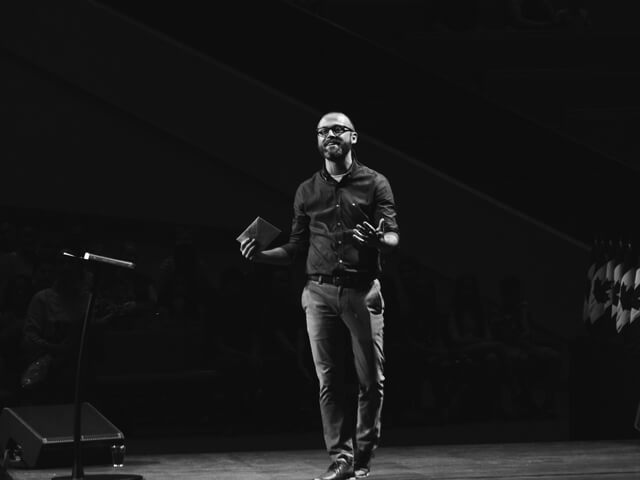
Workshop: Interoperability
Cross-domain system coordination and communication
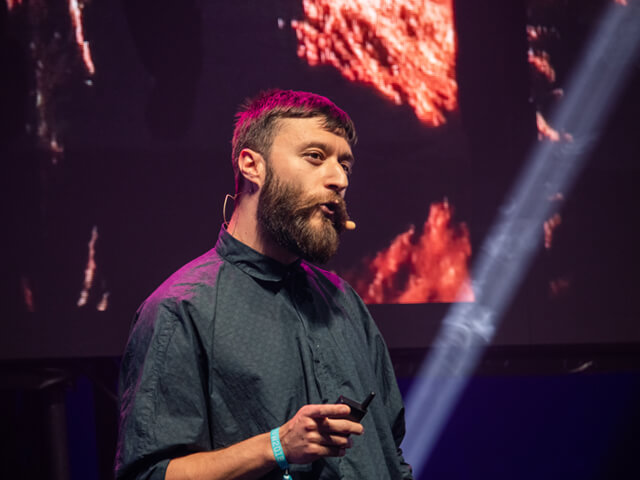
Opening Ceremony & Official Welcome
Official opening address, symposium overview, and international greetings

Parallel Sessions 1 (Track A & B)
Two parallel sessions covering mixed research themes. Each session features interdisciplinary talks and workshops.

Coffee Break
Refreshments and networking (40 min)

Parallel Sessions 2 (Track A & B)
Two parallel sessions continue with new topics and speakers. Interdisciplinary and cross-domain presentations.

Coffee Break
Refreshments and networking (40 min)

Parallel Sessions 3 (Track A & B)
Final parallel sessions of the day. Topics may include panel discussions, workshops, and interactive sessions.

Welcome Reception
Networking reception for all participants

Parallel Sessions 1 (Track A & B)
Two parallel sessions covering mixed research themes. Each session features interdisciplinary talks and workshops.

Coffee Break
Refreshments and networking (40 min)

Parallel Sessions 2 (Track A & B)
Two parallel sessions continue with new topics and speakers. Interdisciplinary and cross-domain presentations.

Coffee Break
Refreshments and networking (40 min)

Parallel Sessions 3 (Track A & B)
Final parallel sessions of the day. Topics may include panel discussions, workshops, and interactive sessions.

Parallel Sessions 1 (Track A & B)
Two parallel sessions covering mixed research themes. Each session features interdisciplinary talks and workshops.

Coffee Break
Refreshments and networking (40 min)

Parallel Sessions 2 (Track A & B)
Two parallel sessions continue with new topics and speakers. Interdisciplinary and cross-domain presentations.

Lunch
Buffet lunch for all participants

Cultural Visit
Tokyo city tour and cultural activities

Closing Ceremony
Awards presentation and closing remarks

Gala Dinner & Cultural Event
Formal gala dinner celebration
Contact Information
For questions about submissions, registration, or symposium details, please don't hesitate to contact us.

